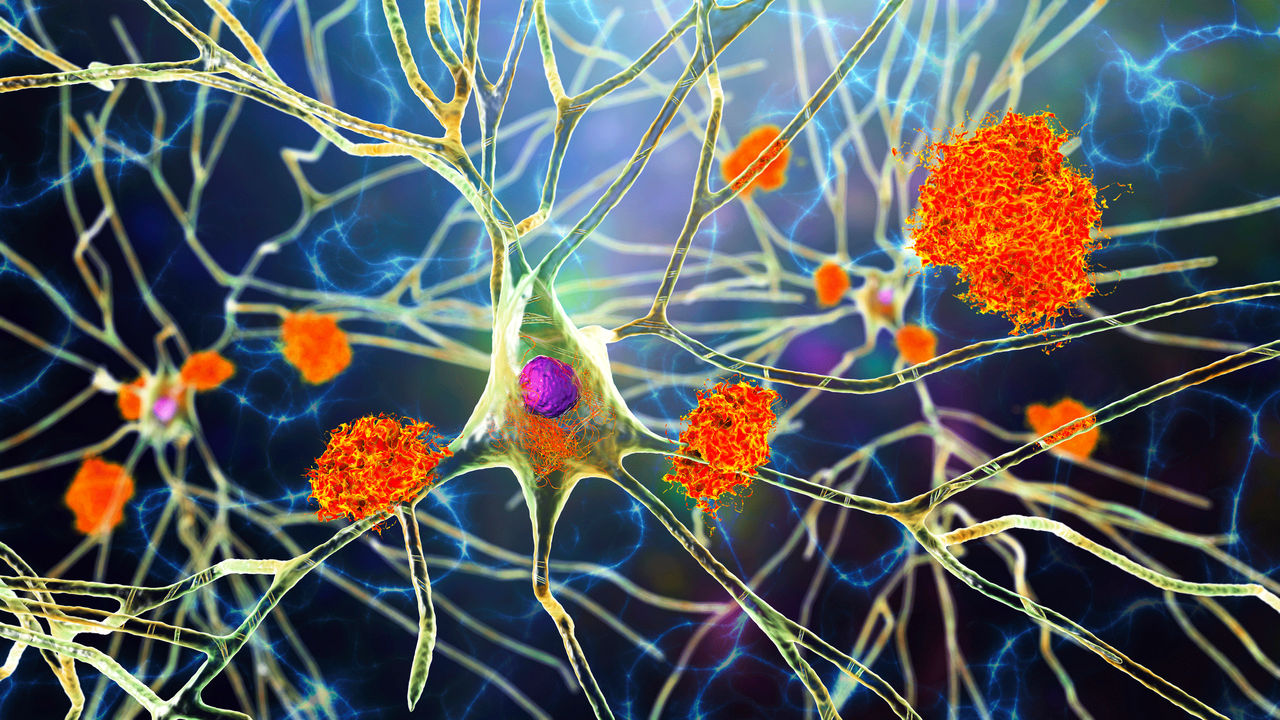
What Is Early Onset Alzheimer’s Disease?
Some people develop early onset Alzheimer's disease symptoms in their 30s, 40s, or 50s. If you often worry about dementia, here's what you should know.

People who have type 2 diabetes have a higher risk of developing Alzheimer’s disease, the most common kind of dementia. Here’s how to prevent Alzheimer's.

There’s promise that blood tests could someday predict dementia as much as a decade before the disease strikes. Early detection could lead to effective prevention.

Many conditions can cause reversible dementia, from alcoholism to depression, or the problem could be something more complicated. Learn more about diseases that mimic dementia.

Friends influence your happiness and habits as you age — whether you smoke, drink, work out, stay thin, or become obese. Strong friendships become more powerful.

If you're a man, the benefits of a sauna may be cutting your risk of heart attacks and developing dementia by more than half. Here's what you should know.

Prediabetes and type 2 diabetes are marked by insulin resistance — and preventing or reversing insulin resistance may prevent dementia, including Alzheimer’s.

The health of your gums may play a role in the health of your brain. Research suggests gum disease may be a factor in the development of Alzheimer’s disease.

You can find out quickly whether your prescription medications can increase your risk of dementia. See our list of drugs that pose the greatest risk.

Once you are diagnosed with Alzheimer’s, it’s important to create a plan for yourself and your heirs. Learn about legal and financial planning for Alzheimer's.

African Americans are about twice as likely to have Alzheimer's and other forms of dementia than white Americans. Hispanics face one-and-a-half times the risk.